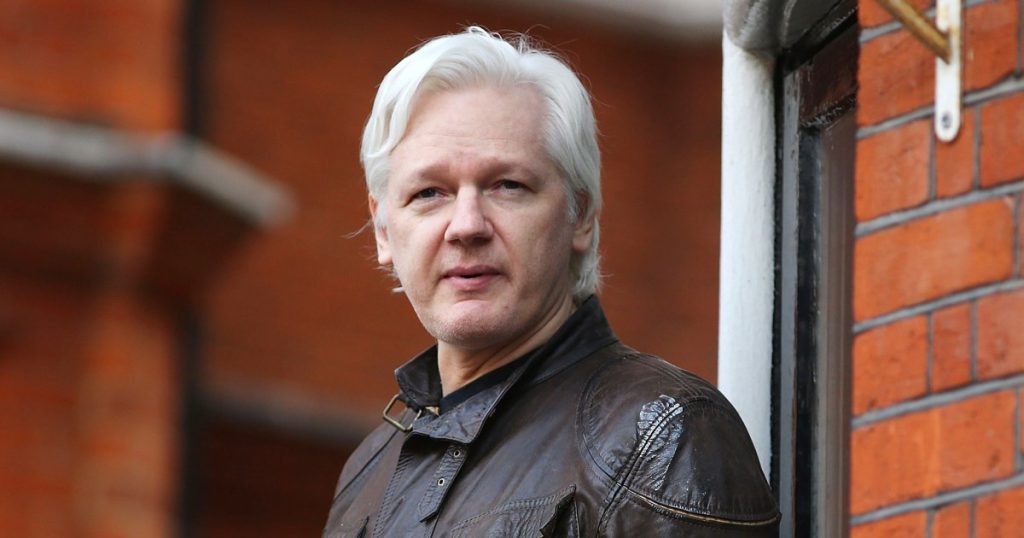Julian Assange, the founder of WikiLeaks, recently pleaded guilty to conspiracy to obtain and disclose national defense information. This plea marks the end of a years-long legal battle and allows him to return home a free man for the first time since 2012. Assange entered the plea at a court in the Northern Mariana Islands and is expected to fly to Australia, where he was born and is a citizen. He has been given a 62-month sentence, which he has already served. Assange’s attorney argued that he should never have been charged, as he revealed truthful and important information, including that the United States had committed war crimes.
The leaked classified documents published by Assange and WikiLeaks were a cause of concern for several governments, including the U.S., as they were said to have threatened national security and aided adversaries. The Justice Department accused Assange of endangering the lives of individuals who had assisted the U.S. government around the world. Assange’s revelation of confidential information, including State Department cables and videos from the U.S. wars in Iraq and Afghanistan, led to his arrest in 2019 at the Ecuadorian Embassy in London, where he had sought asylum for years.
While in the embassy, Assange faced arrest warrants from the Swedish government for a sexual assault investigation, which were later dropped due to the passage of time. However, he was arrested for skipping bail. At the same time, the U.S. government revealed a computer hacking charge against Assange and sought to extradite him. He spent five years in Belmarsh Prison in east London fighting extradition. The Justice Department claimed that Assange conspired with whistleblower Chelsea Manning to obtain and disclose confidential documents, leading to significant compromises in classified information.
Chelsea Manning, who was sentenced to 35 years in prison for her role in the leaks, had her sentence commuted by President Barack Obama in 2017. Despite her refusal to cooperate with a grand jury in 2019, she is not expected to serve any additional time in custody. In the recent guilty plea, Assange will not have to serve any more time, but he is banned from returning to the U.S. without permission. His wife, Stella Assange, plans to seek a full pardon on the premise of journalistic integrity. Australian Prime Minister Anthony Albanese expressed his desire for Assange to return home to Australia, stating that the legal proceedings have dragged on for too long and there is nothing to be gained by his continued incarceration.
Assange’s case has raised concerns about press freedom and the implications of pleading guilty to charges related to the Espionage Act for journalists and national security journalists. Assange’s supporters argue that he should be considered a journalist and publisher, rather than a criminal, as he published important and newsworthy information in the public interest. As Assange prepares to return home to Australia following his plea deal, the legal and ethical implications of his case continue to be debated.


